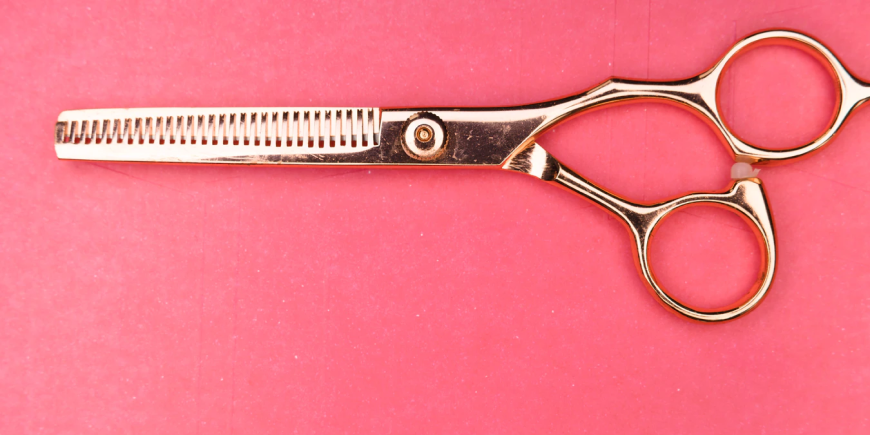
If there's one literary convention I love, it's the metaphor. And I'm not the only one. I've written about metaphors here before - most recently in this post about emergence, but also in a couple of posts about time management, and this post about euphemisms from a while back. Something about metaphors allows us to explain things that would otherwise be nearly impossible to understand, merely by comparing that thing to something else. Practical use aside, metaphors also comprise some of the most elegant, powerful, and emotionally stirring language that we're capable of creating.
Metaphors come up all the time in my work with students, whether they're acknowledged or not. There's clear value in using certain metaphors to explain the purpose behind many of the things we talk about. For example - why is it a good idea to have an attractive format and layout on a resume? Because it's a great way to stand out from the crowd. No, there's no crowd in most recruiters' offices, but drawing that comparison helps to illustrate the significance of having a unique resume style, more powerfully and in fewer words than explaining this in other ways.
I've also thought about metaphors in terms of my own position as a career advisor. It's thought provoking to ask, if you haven't already, "how would I describe what I do if someone asked me to be as succinct as possible?" It wouldn't be succinct at all to describe all the things you do on a daily basis, your responsibilities, your accomplishments, your significance. Nor would it be descriptive enough to only talk about a small subset of those things. So, how can we possibly do this question justice?
One metaphor that I've grown to really like when describing my own position as a career development professional is that of a hair stylist (I'll use that term as opposed to barber because it seems more modern and encompassing). Yes, I am a career stylist. Sound bizarre or just plain silly? Well, what does a stylist do?
Careers are more of a process than a product - they are continuously growing, as we are. As hair does. Most of us learn at an early age that certain attentions must be paid to our hair on a regular basis - we wash it, otherwise it becomes overly unkempt and hard to manage. We devote a certain amount of time to it every day before we venture into the world, so that it will look as much as possible the way we want it to. And although we can't possibly notice its growth on a given day, over a period of a few weeks we notice that our hair is indeed longer. Finally, every now and then we decide that it has grown to the point where we can no longer satisfactorily manage it ourselves, or that we're just plain bored of it and want a change, and we decide to seek out professional help.
So, we go to a stylist. They might simply trim things a bit, keeping your look intact but unarguably sleeker, or you may elect for a more dramatic change. There are many things that a stylist can help you change - your hair's length, colour, texture, shape are all fair game. There are also some qualities that you simply have to accept - your hair might be too thin, too thick, too dry, too greasy, too much of many different qualities for many styles. Your hair has strengths and weaknesses and a personality of its own that makes it better suited to certain styles over others. Your stylist can help you discern all of this, and help you achieve the style or styles you desire.
After our visit to the stylist, it's back to life and back to self-managing our look for a while, at least until we decide it's time for another trip to neaten things up or make a change to something else.
So, my answer to the question asked earlier would be something like this: Just think of me as a stylist for your career. Yes, a career stylist.
















